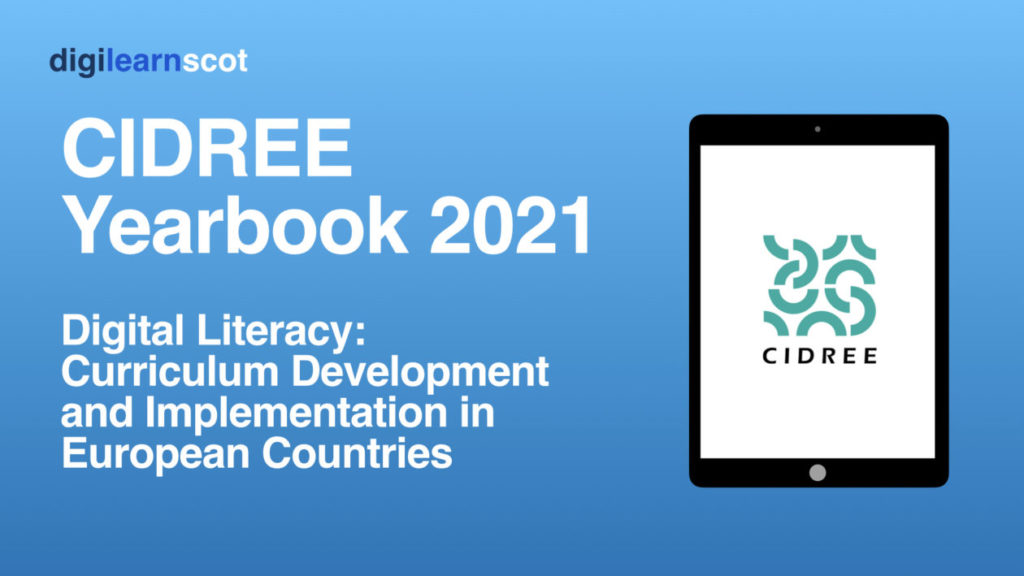
Category: documents published


Learner Digital Skills Toolkit: where to start when planning digital literacy in Curriculum for Excellence
The support document aims to make clear the digital knowledge and skills that learners require to be digitally competent. Being digitally competent means being able to use the most common devices and apps. It is an essential step to becoming digitally literate.
Being digitally literate means being able to independently use and critically engage with digital technology and society, such as data literacy and information literacy. We are developing guidance to support educators deliver this.
Ideas and resources for teaching digital literacy can also be found here: Digital Literacy for Learners.
This document is part of a series, view the other documents here: Digital Literacy Series
Please use this form to provide feedback on the document with this link:
Learner Digital Skills Toolkit feedback form (MS Forms)


Evaluating Use of Digital to Enhance Learning and Teaching (Features of Highly Effective Learning, Teaching and Assessment in Schools)
Gaelic version
View the document in PDF
Features of Highly Effective LTA in Schools Gaelic version.pdf

CIDREE Yearbook 2021 – Digital Literacy: Curriculum Development and Implementation in European Countries
The latest CIDREE Yearbook was published towards the end of last year. Titled Digital Literacy: Curriculum Development and Implementation in European Countries, we contributed the Scottish chapter on how digital literacy has been embraced by education practitioners and learners across Early Learning and Childcare, primary and secondary schools (ages 3-18).
It details how adapting and diversifying modes of professional learning are critical in providing practitioners with relevant, motivating and skills-building opportunities to improve their own digital learning and subsequently provide better digital learning for young people. It then expands on how this has led to the development of knowledge, skills and application in the use of digital tools and on pedagogical practice.

